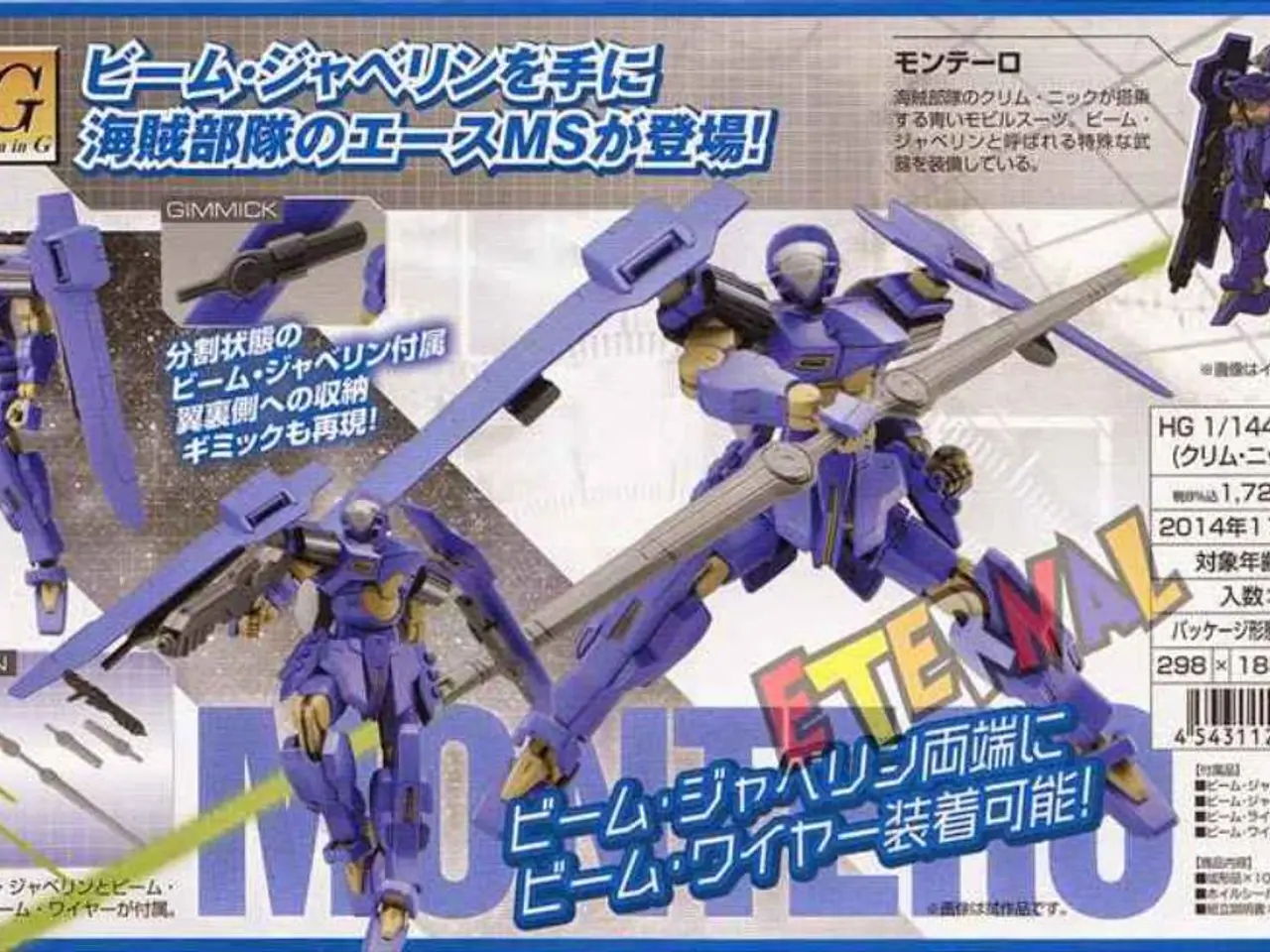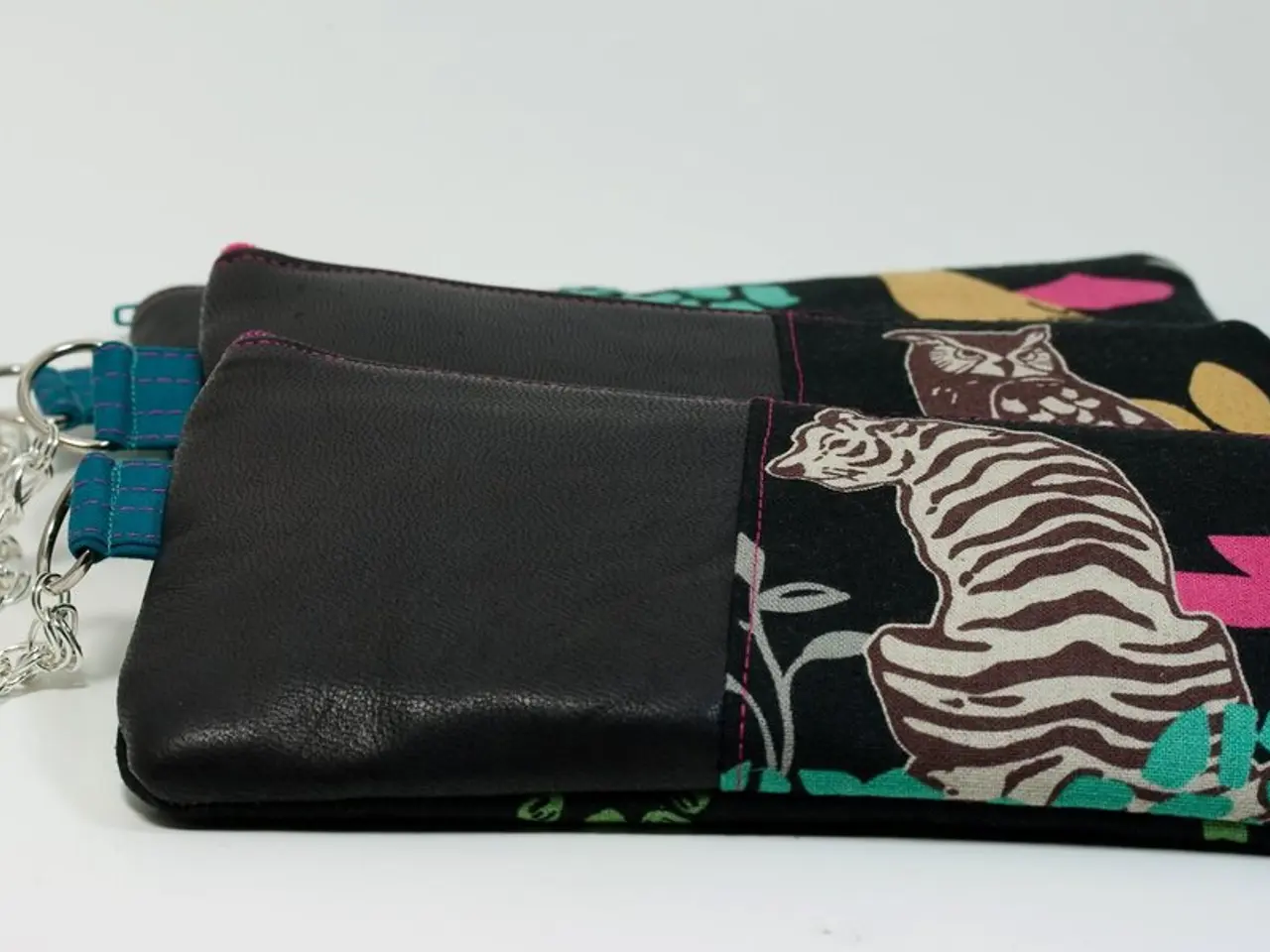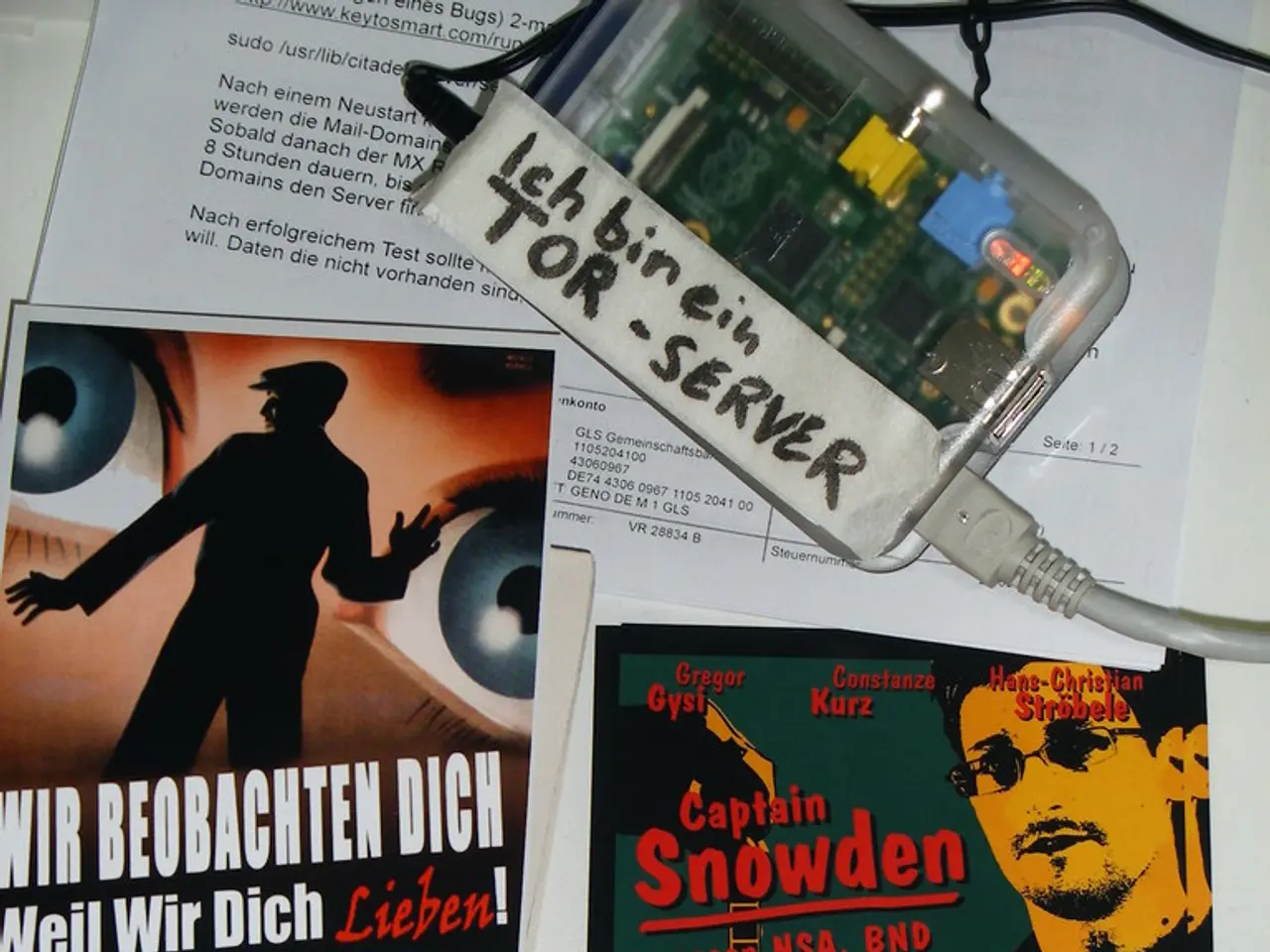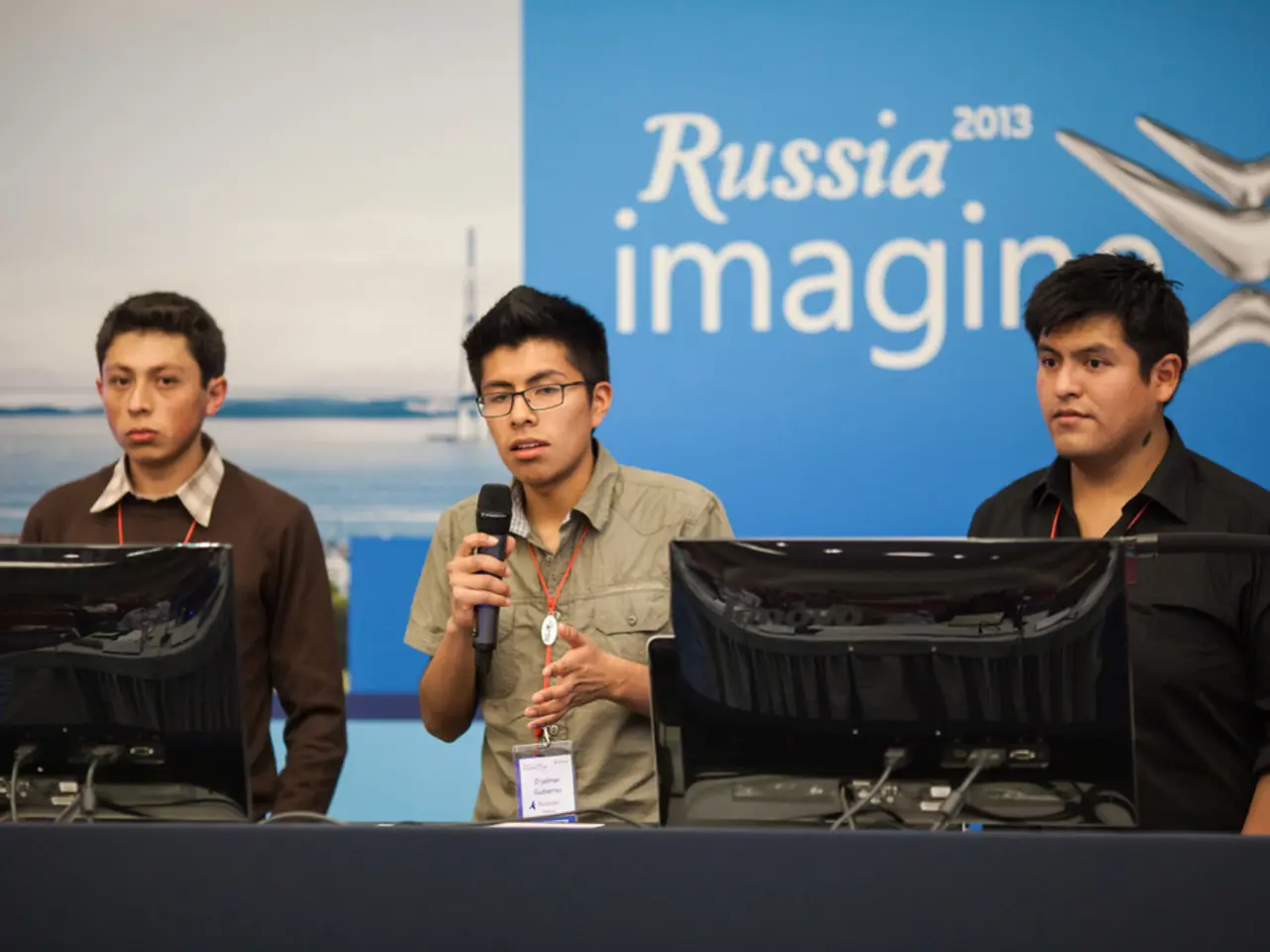Expediting a Rapid PCB Prototyping Solution in the United States
In the fast-paced world of electronics, quick-turn PCB prototypes have become a game-changer for designers and manufacturers alike. These prototypes are designed, fabricated, assembled, and tested in a short duration, with turnaround times ranging from 24 hours to 7 days, depending on design complexity.
The complexity of the PCB design is a significant factor that affects production time. More complex designs, with multiple layers, intricate trace patterns, and miniature via sizes, require more time to fabricate and can increase the turnaround time.
The choice of material also plays a crucial role. While standard rigid PCBs typically take 1 to 6 days without assembly and 8 to 12 days with assembly, advanced materials like those used in HDI boards can add to the cost and lead time due to their complex fabrication processes and availability.
Manufacturing process control is another critical factor. Precision in etching, drilling, and plating processes is essential for efficient production. Any deviations from these can slow down the process and lead to longer turnaround times.
The capacity of the manufacturing facility is another influencing factor. High demand or limited capacity can extend lead times, especially for complex orders that require extensive resources and time.
Shipping options also impact the overall turnaround time. Customers who opt for express shipping can significantly reduce the time from order placement to delivery.
Adhering to Design for Manufacturability (DFM) guidelines is key for a rapid turnaround time. Boards designed with DFM considerations in mind can be produced more efficiently, reducing the risk of delays due to redesigns or corrections during fabrication.
Partnering with a certified CM who offers turnkey PCBs can provide benefits such as reduced turnaround time and quality assurance. Opting for a local CM or a U.S.-based fabrication partner can further reduce turnaround times due to shorter shipping distances.
Quick-turn PCB prototyping is preferred for faster testing of design ideas or components, determining product efficacy, and supporting the production of small quantities of prototype boards. Flex PCBs and rigid-flex PCBs, with their turnaround times of 1 to 10 days without assembly and 3 to 5 days with assembly, respectively, are also popular choices for quick-turn prototyping.
In conclusion, understanding the factors influencing the turnaround time for quick-turn PCB prototypes is essential for efficient and timely production. By optimising design, material selection, manufacturing processes, and shipping options, designers and manufacturers can ensure that their prototypes are delivered promptly, enabling them to bring their innovative ideas to market quickly.
In the realm of PCB manufacturing industry, adherence to controlled impedance in design processes can contribute to faster prototyping, as it ensures efficient production by aligning with the etching, drilling, and plating processes. Further, in the realm of finance, investing in technology that automates PCB manufacturing can lower costs and reduce turnaround times significantly.




